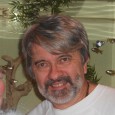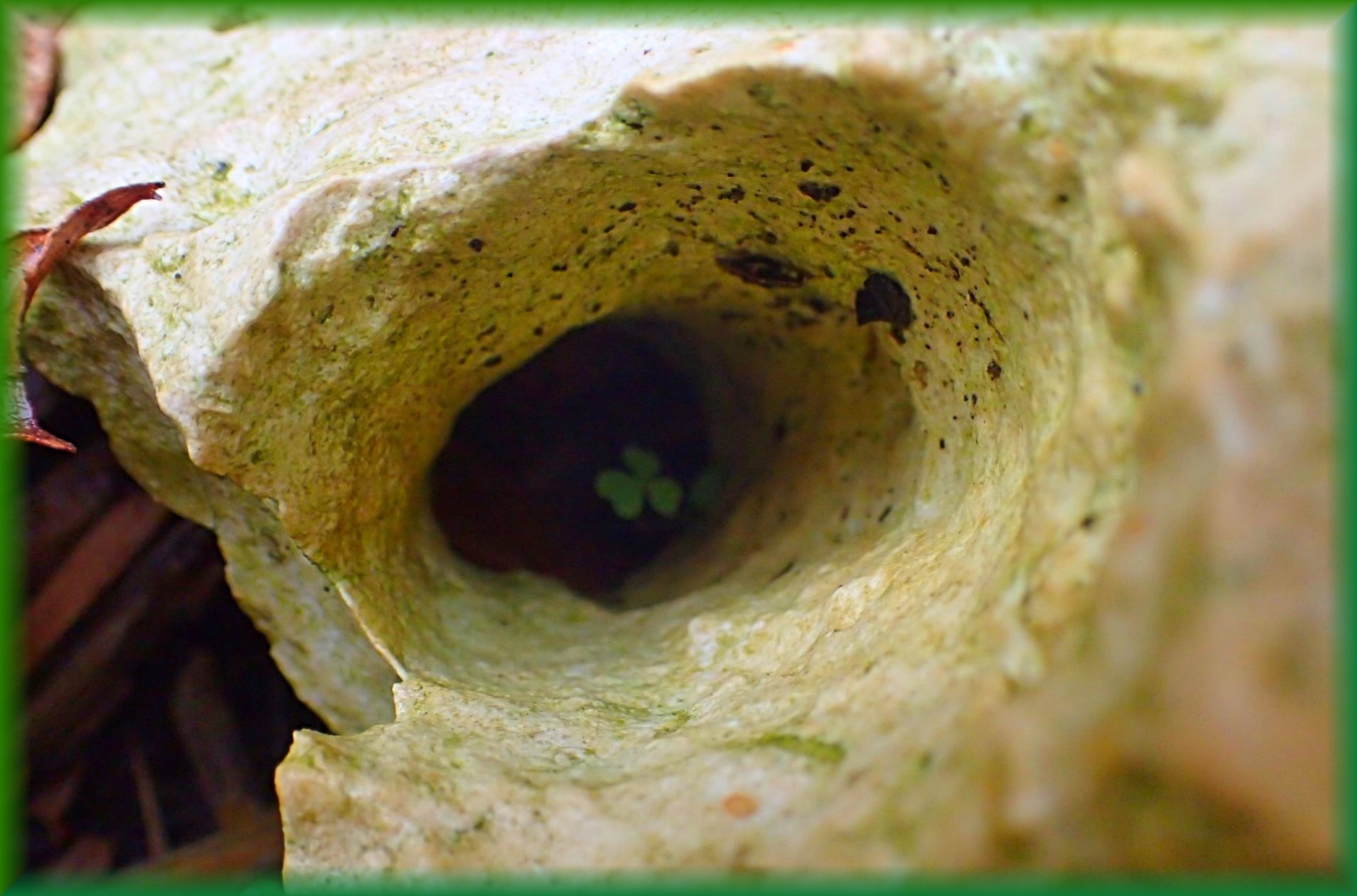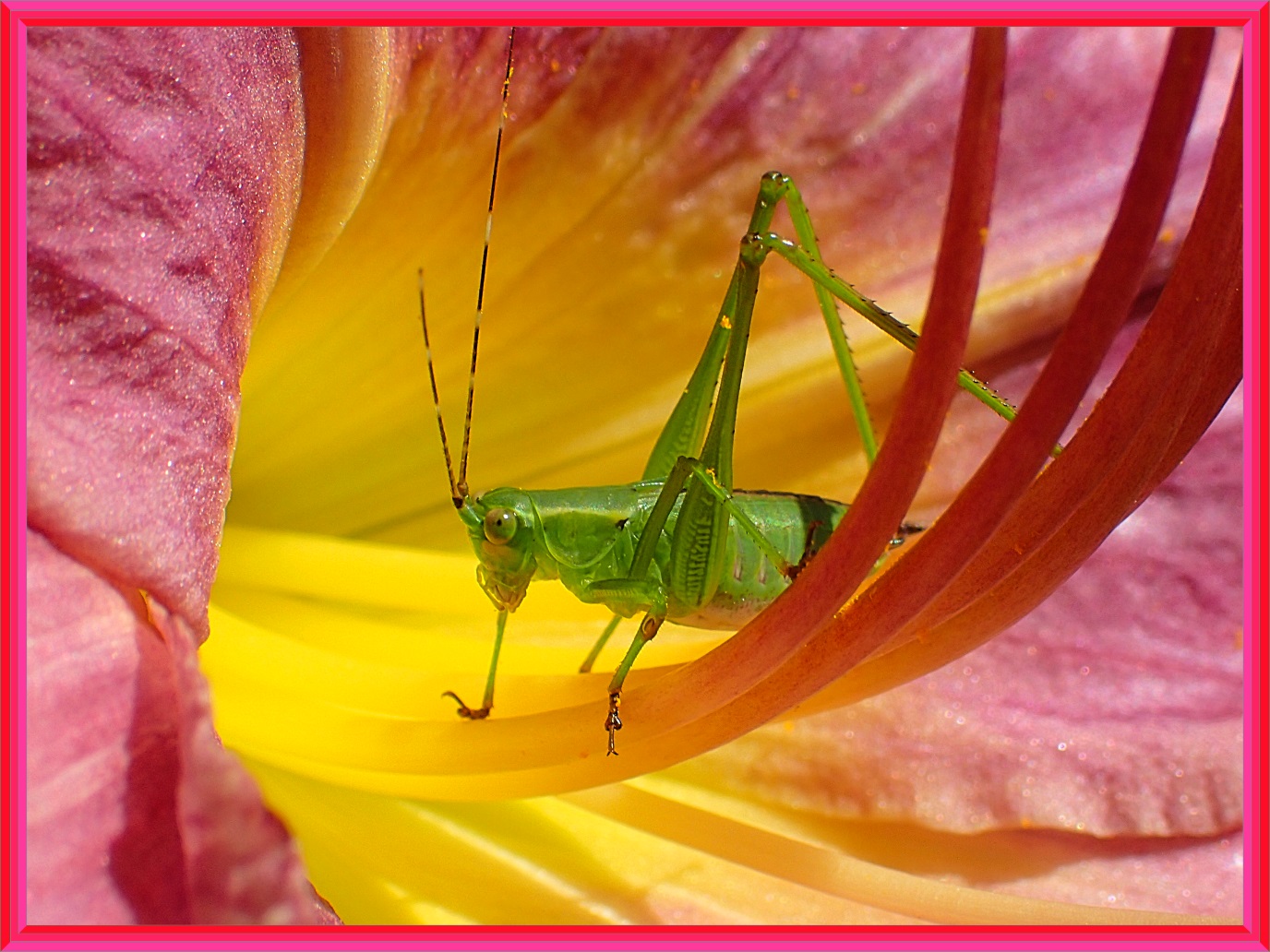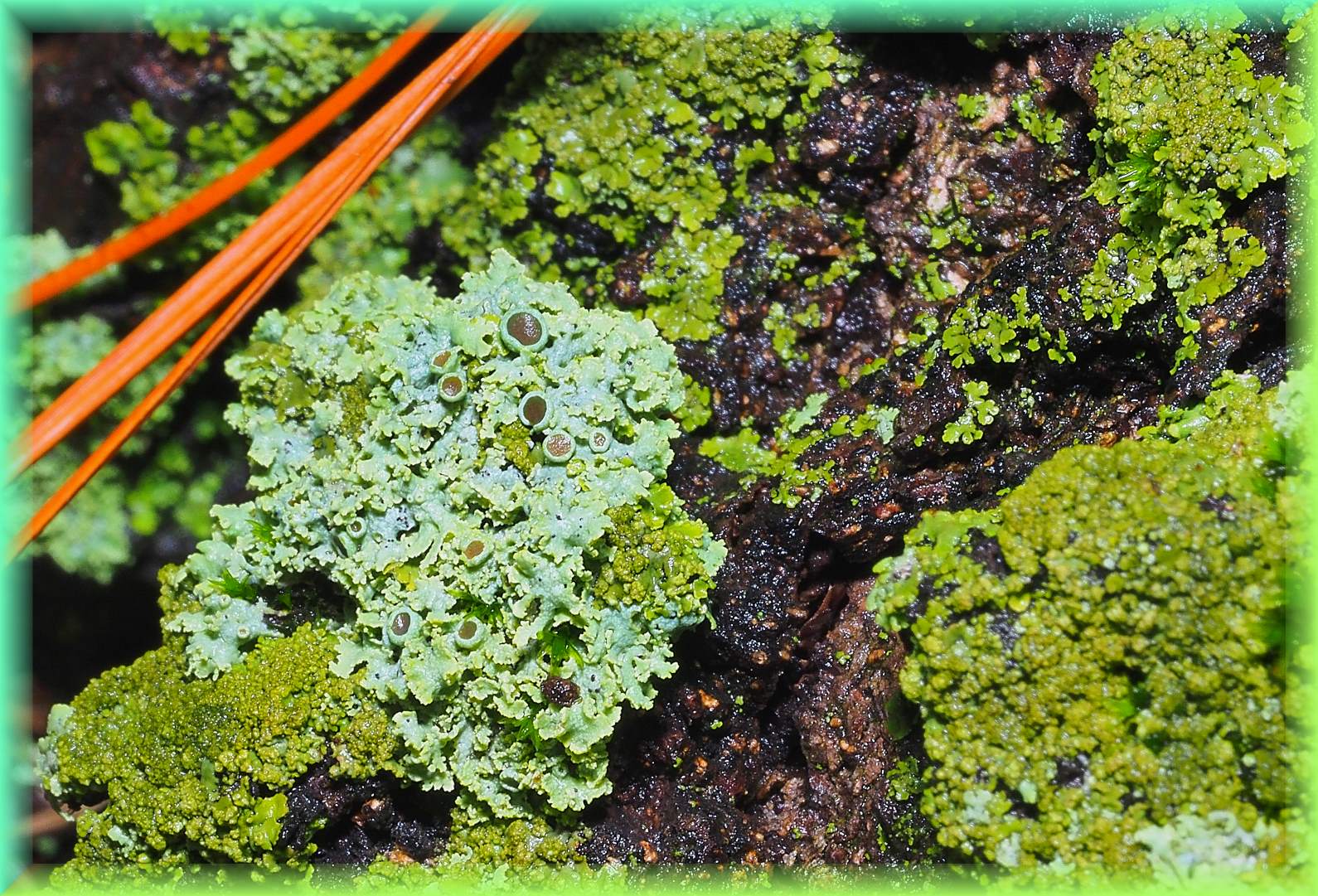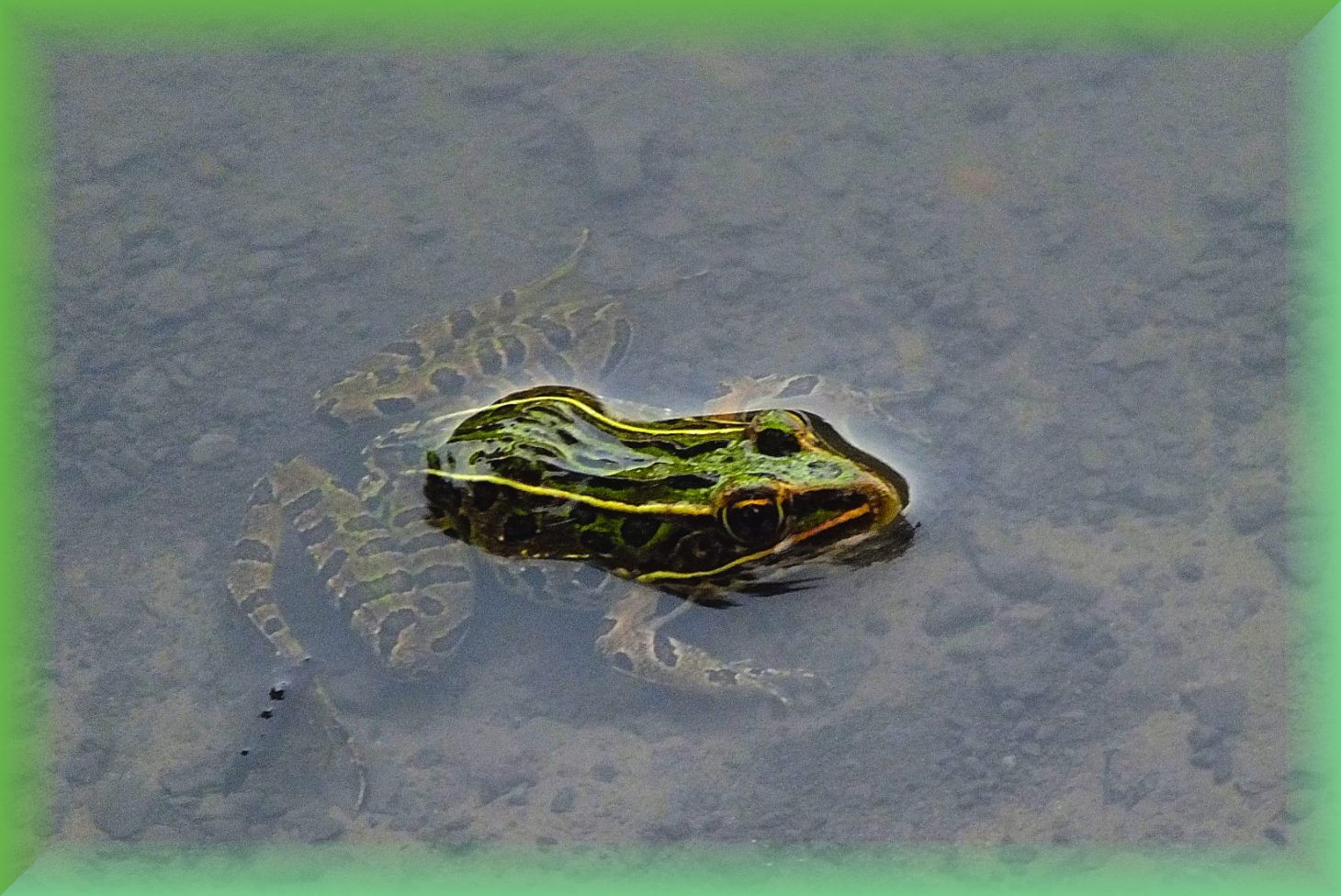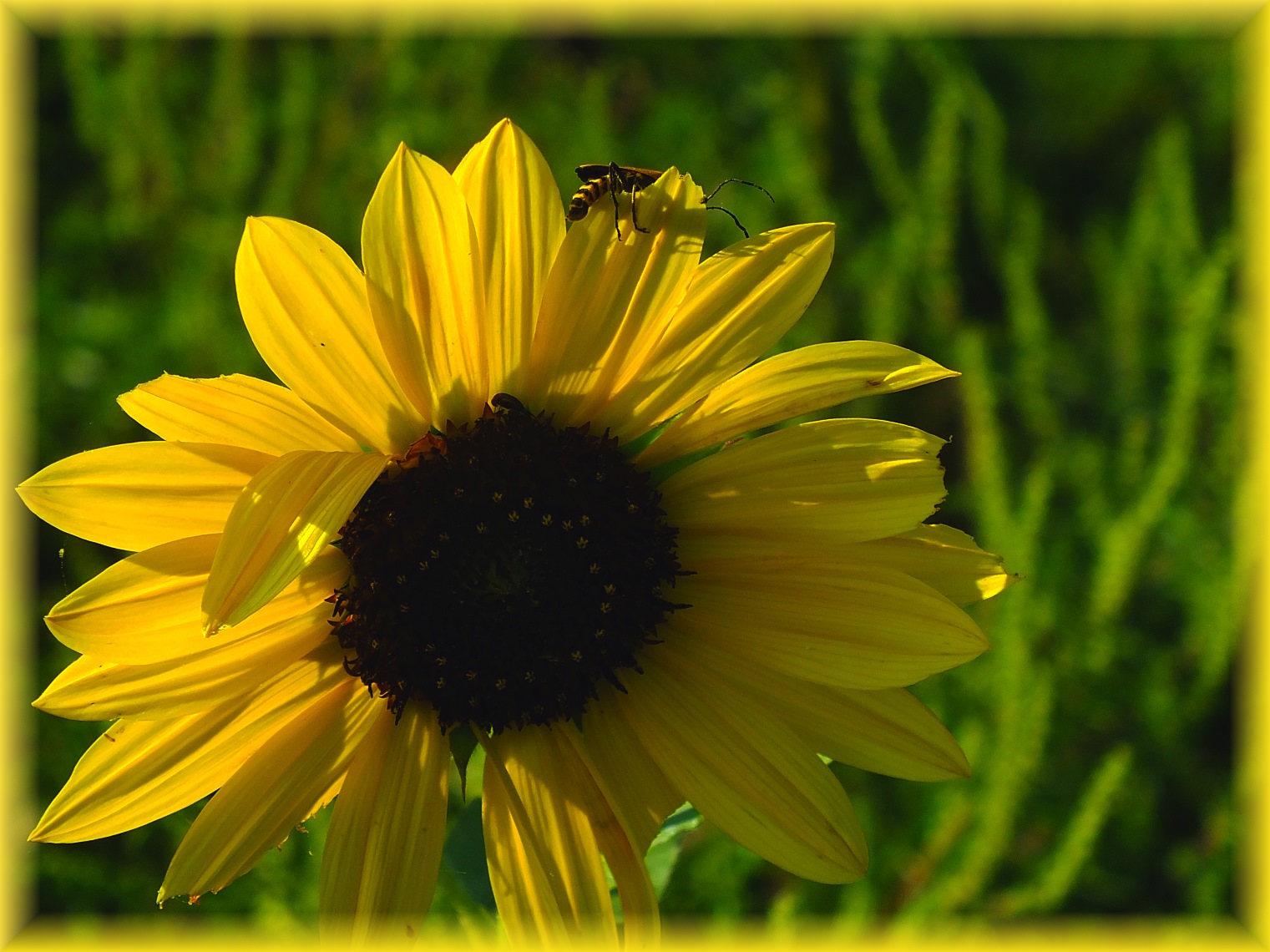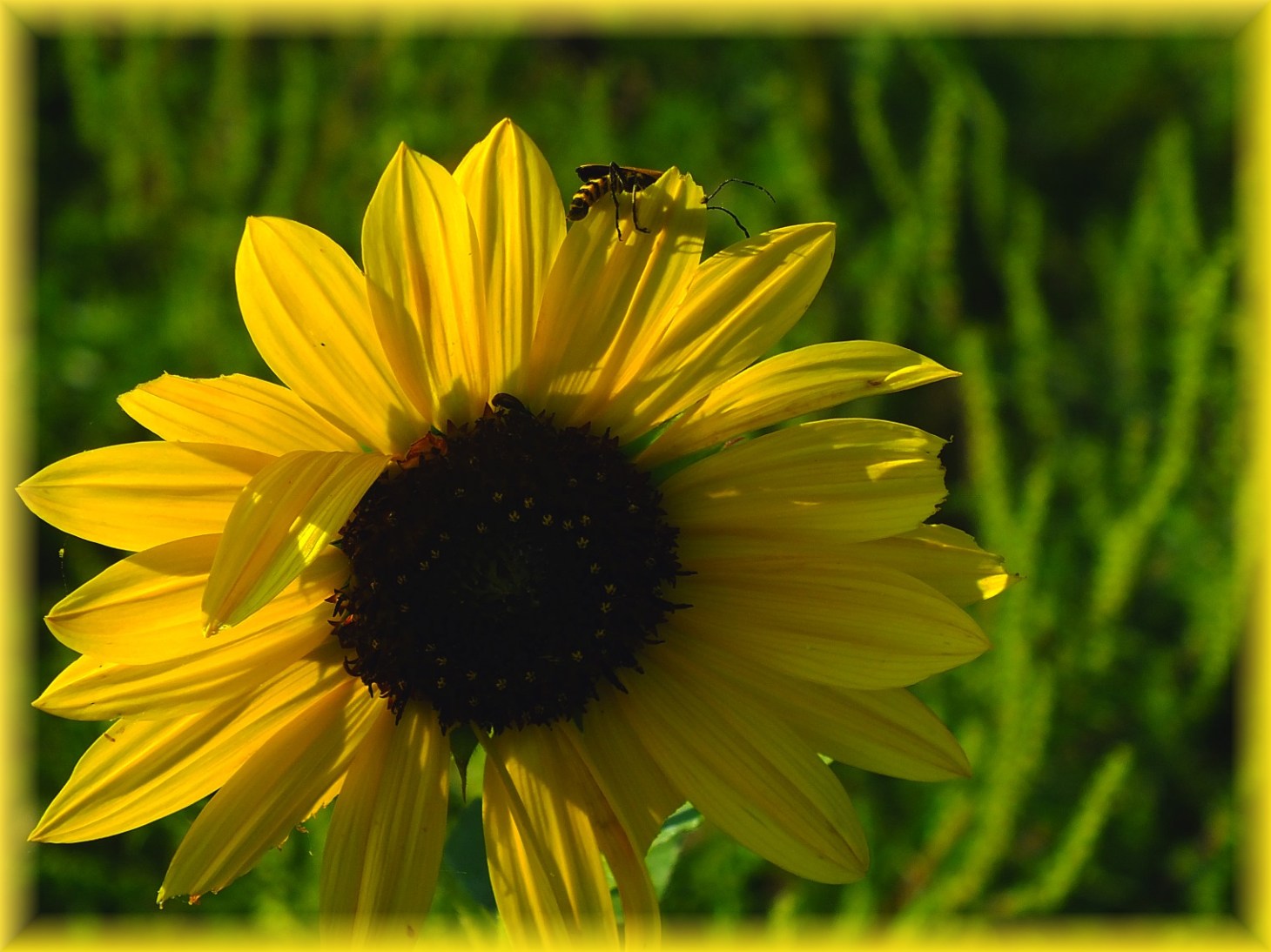Most people look at inner psychological fears with separation (from a distance). However, this distance is illusory; such distance involves time and perpetuates fear. All fears, to exist, depend upon thoughts and time. They are often about what will happen or what — according to the mind — could happen. This projecting about the future involves (and is) psychological time. Of course, there are some natural and necessary fears, like when a big shark is seen in the water where one is swimming. That is when fear is prudent and natural. However, most of us have many fears that are not so prudent.
With many psychological fears — as what often happens — what purports to be separate from fears, supposedly “having them,” then looks for ways to go beyond the fears. This wanting to go beyond the fears involves distance and time. As we said, the fears themselves are the result of time. This may be a mindless circle — that many are caught in — that prevents clear understanding and wise change. A wise mind may perceive that fears are not separate from what it (partially) is. Such a wise mind may also see that there is nothing truly separate from the fears that, in a possessing kind of way, has them. Inventing or imagining something separate from them (to get rid of them) creates unnecessary conflict and friction. Conflict and friction depend upon time (and waste energy).
A mind that is largely beyond psychological fears (and needless internal separation and friction)… is a marvelous thing.

